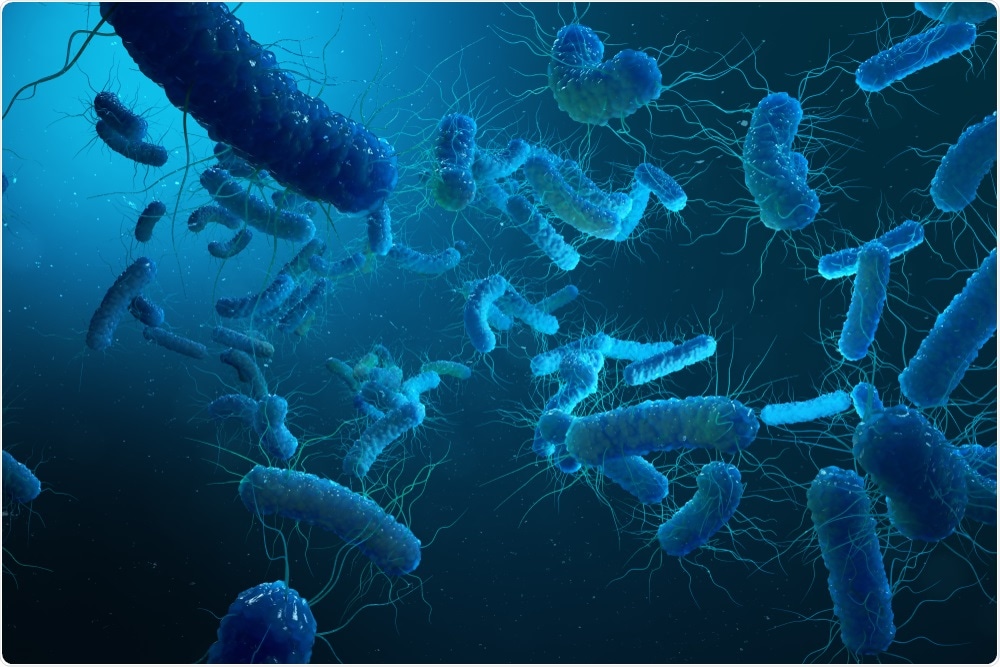
Sacrificial immune cells alert body to infection
Researchers at the Norwegian University of Science and Technology (NTNU) have made an important new discovery about how the immune system handles infection.

Rost9 | Shutterstock
The finding could improve understanding of a range of diseases and lead to the development of more effective treatment approaches.
Professor Egil Lien (NTNU Centre of Molecular Inflammation Research) and colleagues have found out new information about how the immune system handles infection with Yersinia pestis, the bacteria that caused the Black Death outbreak.
As reported in the journal Science, Lien and team have learned what happens when Yersinia is at peak activity in the body.
Immune cells form small pores on their surface to let water in, which bursts the cells open to release proteins that inhibit the growth of the invading bacteria.
This explosive process, which is referred to as pyroptosis, not only stops bacteria from causing damage but serves as an alert to other immune cells.
However, Yersinia protects against this by camouflaging itself and secreting an antidote. Now, Lien and team have also found that the immune system “knows” Yersinia disguises itself.
Their study describes how immune cells employ a backup mechanism that kicks in, in a way that has not previously been understood.
Understanding this new information is not only useful because Yersinia still exists and there is a growing problem with antibiotic resistance, but because it could also apply to other diseases and provide clues about how to develop more effective therapies.
These findings show us complicated mechanisms that occur in the immune system to counter infection, but they may also apply to other diseases.



































No hay comentarios:
Publicar un comentario